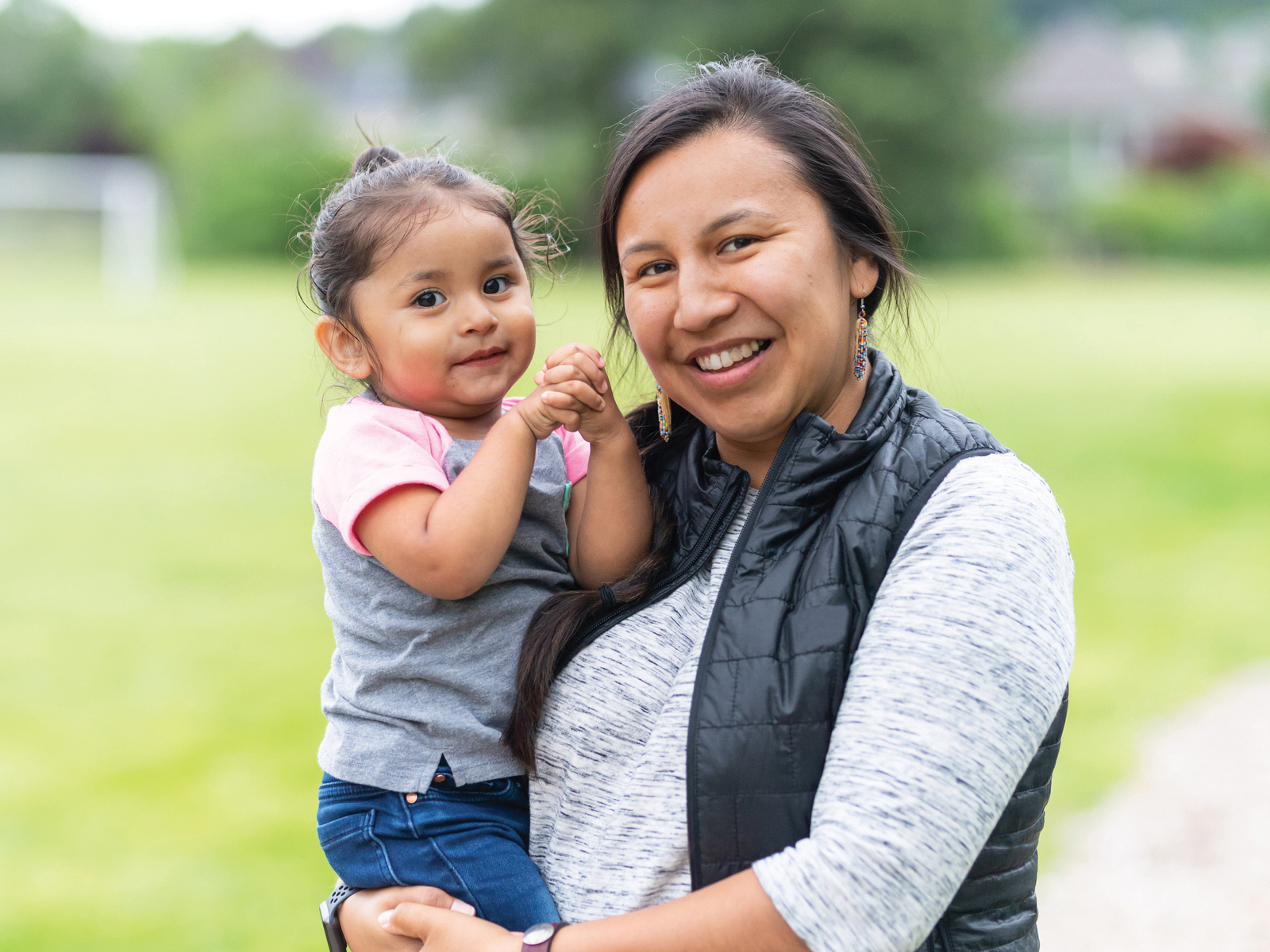As indigenous people, living with disabilities, we have a unique opportunity to take advantage of more supports than ever before to help balance school, work and self-care to overcome the systemic barriers and intergenerational trauma.
No matter if you are on reservation or not, there will be challenges and triumphs, good days and bad. They key is perseverance, clear goals and continuing to build like-minded connections to support your journey.
Remember, you can always turn to our traditions and time-tested tools to focus on your emotional well-being such as:
• Partaking in Ceremonies: Smudging, sweats, or sunrise.
• Dance/healing/talking circles
• Reaching out too Medicine People
• Connecting with tribe Elders
• Friendship centres with access to councillors
Regardless of the source of your strength and the options you choose, know that you are a valid and valued member of our community. Your choices matter when it comes to breaking the cycle and healing yourself and the community around you.
Supports for First Nations, Metis and Inuit
We truly believe, in most indigenous communities, if you don’t heal what hurts you, you will bleed all over those who didn’t cut you. So, we try to heal ourselves, our ancestors within ourselves, and our future seven generations.
For free, confidential, Canada-wide phone and online services in 150 languages call 211. Live, Certified Community Resource Specialists will connect callers to the best available multi-lingual resources, information and referrals to the full range of community, social, health and government services.
Some resources are:
• As an indigenous person, you are entitled to 22 hours of therapy free yearly, courtesy of AHAC**
• Native women’s association
• Indigenous Primary Health Care Council
• National Association of friendship centres
Supports for residential school survivors and MMIP’s
For anyone in the indigenous community dealing with the mental health struggle that came from residential schools or is a direct survivor or surviving family member of MMIP (Missing murdered Indigenous people), please feel free to call these numbers to talk to someone or if you are ever in mental distress, please use these, alternatively they can also be found on 211 Canada:
• Residential School Support Line
• MMIWG2S Support line
• Immediate Emotional Support line
• Crisis Centre Lines
• Hope for Wellness
Diabetes support
Compared to 5 per cent in the general population, Diabetes affects 17.2 per cent of First Nations individuals living on-reserve and 12.7 per cent of First Nations individuals living off-reserve, 4.7 per cent among Inuit people, and 9.9 per cent among Métis people.
Fortunately, we have new and traditional options and resources to help us find ways to manage diabetes. Aside from working with your doctors, pharmacists and allied health professionals to manage your diabetes, there are some traditional ways that you can utilize as well:
Growing traditional food – food we grow has no refined processed sugars, foods native to North America like tomatoes, potatoes, and beans that are filling, have good sugars and starches and the exercise you’ll get from gardening will only serve
to benefit you.
Foraging – your backyard may have more medicine than you knew, dandelions and birch bark, are some of our traditional methods for lowering blood sugar and has many great health qualities when eaten or drank as a tea. They both also have properties to help combat heart disease and obesity.
Traditional dances – this is about moving your body to help burn some of the access sugars from the processed and refined foods. We have dances ranging from staying seated due to shaking ever muscles and limb, all mobility ranges are considered for dance circles.
Learn more
Diabetes Canada and the Diabetes Hope Foundation offer practical advice, support, resources and recipes and lifestyle links for indigenous and non-indigenous people alike. Particularly helpful are the materials on Type 1 Diabetes and Type 2 risks along with information about Juvenile Diabetes and D-Camps, the popular summer camps for kids. (diabetescanada.ca)
It takes time
I hope that these and other resources you discover on journey to heal get you closer to your culture, yourself, your people, and your ancestors who have been waiting for you since before you were born.
Chi-Miigwech. We hope you see the blessing you are unto our world, our ancestors and the generational trauma you will break with this information. May you be strengthened by yesterday’s rain, walk straight in tomorrow’s wind and cherish each moment of the sun today. Giga-waabamin minawaa, see you later!
Natasha Way, Ahki Odayin, a two-spirit person of the Ojibwe People of Wikewemikong First Nations, and Bonnechere Mètis Nations of Ontario. They are an editing assistant, indigenous and disabilities rights advocate, community organizer and artist.














